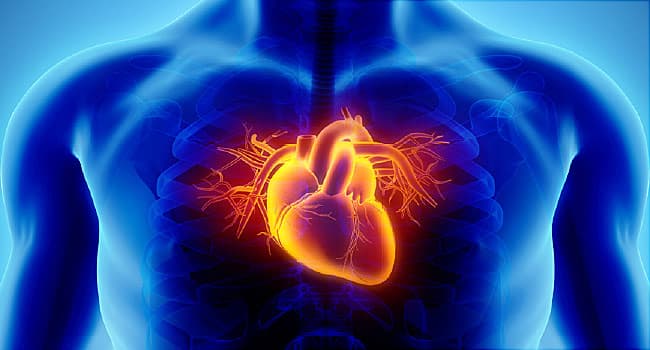
There are many vital organs in the body and one of such organs is the heart. The heart is the main organ responsible for pumping blood to all the parts of the body. It is situated in the chest, right behind the breastbone. The size of the human heart can be compared to a fist or a pear. The heart works all throughout the lifetime of an individual and the moment it stops, that is the end of the individual’s life.
It pumps blood all around the human body all the time with the help of the cardiovascular system, which consists of the arteries and veins.
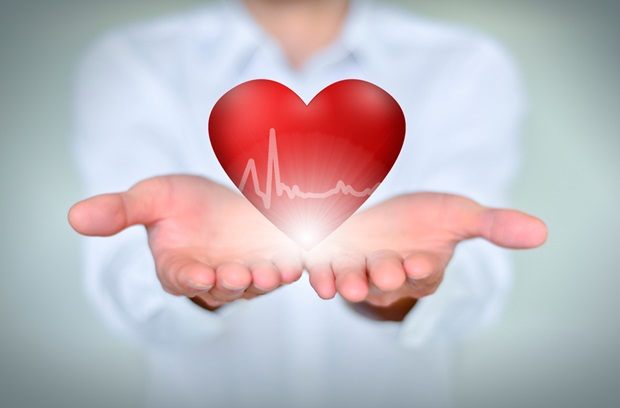
Functions Of The Heart
- The heart pumps oxygenated blood( blood with oxygen) to all the parts of the body.
- It is also responsible for the transportation of hormones from the secretion point to the various parts of the body they need to get to.
- It is also responsible for receiving and pumping deoxygenated blood(blood without oxygen) to the lungs to be oxygenated.
- The heart reacts in response to the hormone, aldosterone released by the adrenal glands, which in turn helps in the regulation of blood pressure.
- The heart is also responsible for the transportation of food nutrients to all the cells of the body.
Some Common Heart Problems
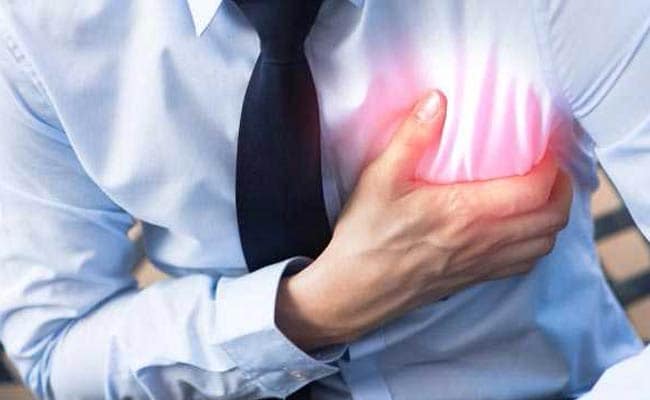
- Congestive Heart Failure : A situation where the heart doesn’t pump blood in the way a normal heart should do. This is a chronic condition and an individual with this condition might deal with it all his/her life.
- Stroke : A very life threatening situation that occurs in the brain when there is an interruption or improper blood supply to the brain. This often happen when the blood pressure of an individual is abnormally high.
- High Blood Pressure : A condition where the pressure with which the heart pumps blood to the parts of the body is very high. It can lead to stroke or heart attack if not managed. This is also a chronic condition and has to be managed all throughout ones lifetime. This condition could also be hereditary.
- Cardiac Arrest : This is a condition where the heart stops beating. In this condition, there is a loss of heart functions like breathing which can lead to loss of consciousness and even death.
- Enlarged Heart : This condition is also known as cardiomegaly is when the size of the heart is larger than normal. Cardiomegaly isn’t a disease on it own but could be a sign of a serious or bigger heart problems. It can be treated or could be chronic(lifetime problem).
How To Take Care Of Your Heart
Following these simple rules will help keep your heart healthy all the time:
- Follow a heart-healthy diet
There are are many different foods that you should avoid or limit, and there are also other foods you should try and include as much as possible in your meals
- Limit intake of trans-fats and hydrogenated oils found in margarine, fast food, fried food, high-fat dairy products and pastries. Trans-fat and hydrogenated oils are chemically-altered and can increase the risk of heart diseases
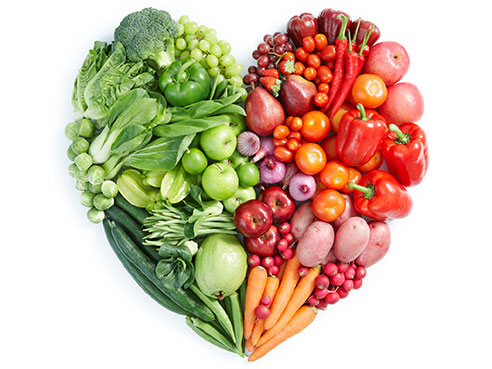
- Limit the intake of refined sugar from cakes . cookies, candy and etc. These sugars are eventually going to become fat build up in the body. Also try to keep your carbohydrate intake at a minimum. Carbohydrates such as pasta, potatoes, breads and others, as excess carbohydrates stimulates the production of triglycerides, which is not healthy for the heart.
- Eat a lot of fruits, vegetables, whole grain and foods with fibre. Green, leafy vegetables and vitamin C rich fruits are the best, as they are rich with antioxidants.
- Use extra virgin olive and garlic in cooking; they help lower cholesterol.
- Add Omega 3 fatty acids to your diet-the best source is fish oil.
2. Exercise Regularly
Developing a steady exercise programme goes a long way in strengthening your heart.
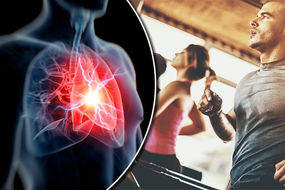
- Try to exercise 3 to 4 times per week, for at least 15 minutes at a time.
- Do not rush into heavy exercise schedule. Start off slow, particularly if you’re not used to exercising and increase it as your fitness improves.
- Always loosen up before exercising and stretch afterwards.
- Keep yourself hydrated and rest between sets.
Types of Exercises
- Aerobic Exercise
The word ”aerobic” means ”oxygen-producing”, and as such aerobic exercise stimulates the production of oxygen. Aerobic exercises include walking, running, biking, swimming, etc. These exercises make your heart rate increase for an extended period of time. When your heart rate increases, more blood is circulated around your body, providing necessary oxygen to your cells and tissues. Regular aerobic exercise is important for maintaining heart health.
- Anaerobic Exercise
Anaerobic exercise comprises short-lived, intense bursts, such as sprints and weight lifting. Whereas aerobic exercise is best for cardiovascular strength and endurance, anaerobic exercise is best for muscle strength and flexibility.
A combination of aerobic and anaerobic exercise is recommended for everyone. This way you can improve your cardiovascular health as well as increase your muscle strength. Adding stretching to your routine will also warm up and loosen your muscles so you can avoid injury.
3. Lead a healthy lifestyle

In addition to following a healthy diet and exercise regimen, practicing the following would also help:
- Maintain a healthy weight – Obesity and cardiovascular disease are often linked, as the excess weight carried by a person places an extra burden on the heart. Most people can lose weight successfully by implementing healthy eating habits and exercising regularly.
- Finally refuse stress and anxiety. When you choose to always live happy and joyful, you will find yourself constantly rejuvenated from within and strengthened in your heart